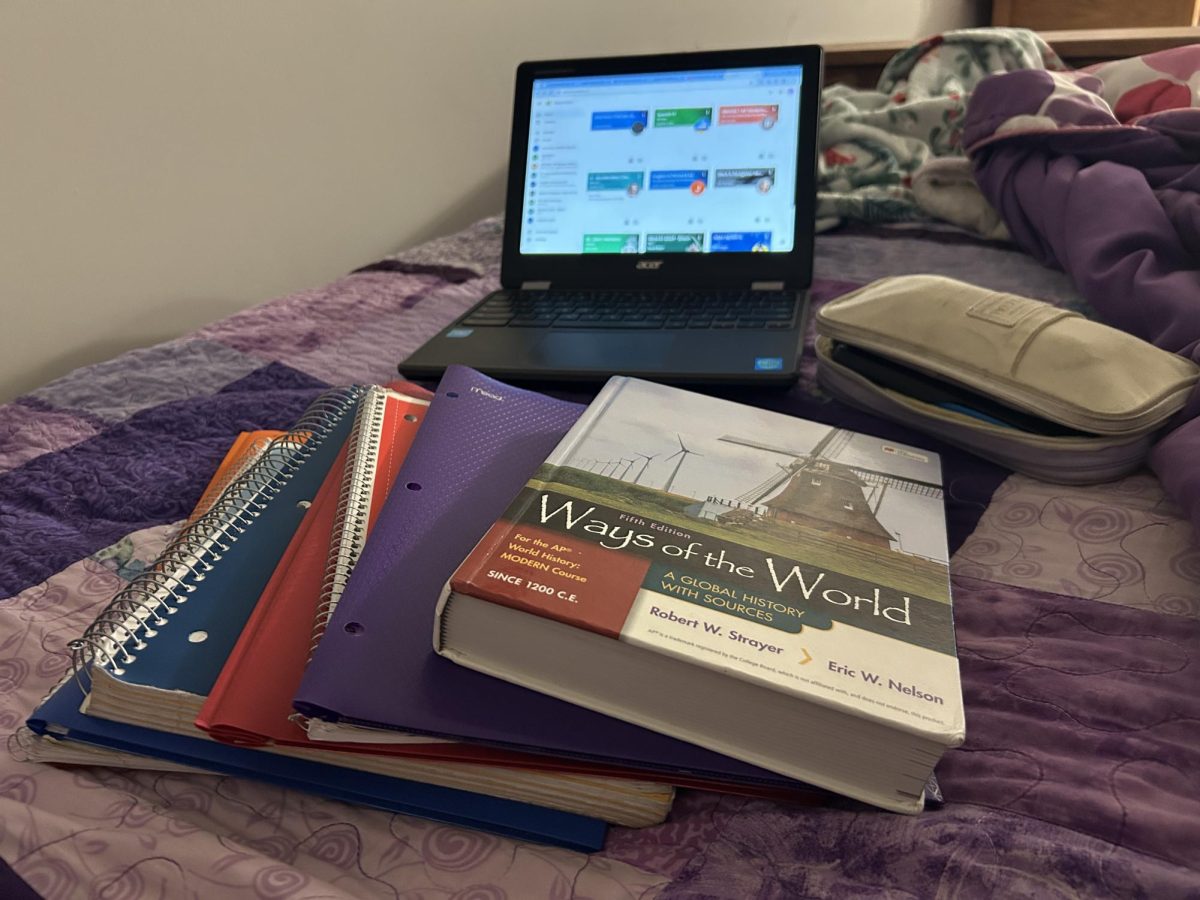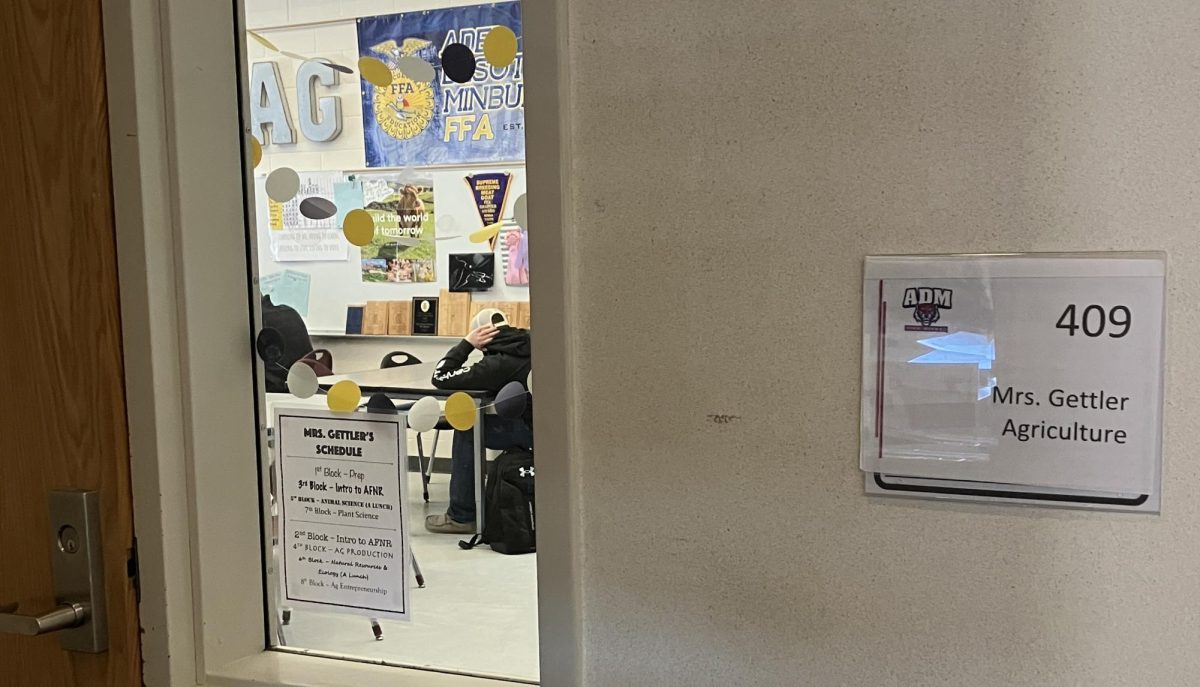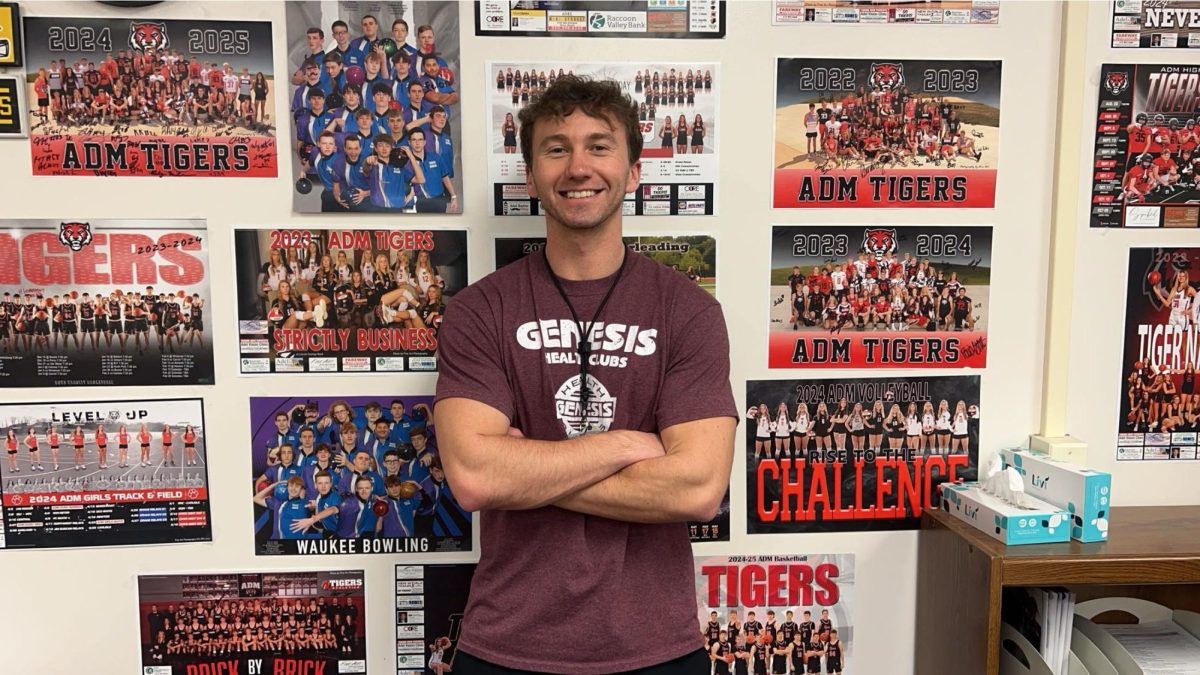With the end of the school year fast approaching, the season of AP exams is about to begin. While these exams are stressful for many students, there are ways to prepare to make them as easy and painless as possible.
What are AP Exams?
AP (Advanced Placement) classes have become common in high school course offerings all over the country. These classes are designed to challenge students and prepare them for the rigor of college.
One of the most significant characteristics that sets AP classes apart from average high school classes is that they’re graded on a 5.0 scale. This means that an A in an AP class is a 5.0 GPA; likewise, a B is a 4.0, and so on. This being said, AP classes are an excellent way to boost students’ GPAs, which look impressive on college applications.
Although not required, students are encouraged to take end-of-the-year AP exams for a chance to earn college credit.
AP exams look different depending on the specific subject, but they have some commonalities. You can expect most exams to last 2-3 hours, and they are all closely monitored by a proctor.
Many strict rules and guidelines must be followed to ensure that no cheating occurs; these can be found on the AP Classroom website.
Tests are graded by a combination of machine-grading technology (for multiple choice sections) and humans (for written responses). This process can take time, and scores are usually released early to mid-July.

How Do I Know if I Should Take an AP Exam?
Answers to this question can change based on students’ personal goals or the high school they attend. ADM currently offers a wide variety of AP classes, which are listed below:
- AP Calculus*
- AP Chemistry*
- AP English Literature and Composition
- AP English Language and Composition*
- AP Government and Politics
- AP Modern World History
- AP Music Theory
- AP Pre-Calculus*
- AP Psychology
- AP Statistics*
- AP Studio Art
- AP U.S. History
*indicates dual-enrollment through DMACC
As shown above, some classes are dual-enrolled, but many are not. If a class is dual-enrolled, students can earn both high school and college credits (through DMACC) without taking an end-of-the-year exam. If a class isn’t dual-enrolled, students are advised to take the AP exam for a shot at college credit.
Although they already earn DMACC credit without taking the exam, students can choose to take the AP exam for dual-enrolled courses to get AP credit (which will transfer to any college) along with DMACC credit rather than DMACC credit alone (which transfers to many schools in Iowa and the Midwest, but not everywhere).
How Do I Study For an AP Exam?
Studying for AP exams looks very different from subject to subject.
When asked about his best piece of advice for studying, Ben Perman, AP Modern World History teacher of 5 years, said, “Don’t wait until the end to start cramming. It should be a continual process of going back and reviewing all units.”
The AP Modern World History test includes 55 stimulus multiple choice questions, three short answer questions (SAQs), a document-based question (DBQ) and a long essay question (LEQ). Other subjects, for example, AP English Literature and Composition, have exams that look very different.
AP Literature and Composition teacher Natalie Johnson said, “Studying for the Literature and Composition test is more about remembering how to demonstrate certain skills, like how to write a thesis or remembering which poetic devices you are supposed to point out in different types of literature. This is different from, say, an AP U.S. History test, where you have to remember dates, facts, and people. Memorization is still part of it, but it’s going to be more literary elements that you’re studying for instead.”
While hearing advice from teachers is very helpful, let’s hear some tips from some current AP students.
Alayna Freeman, a senior graduating from ADM with her Associate’s degree who plans to major in chemical engineering next year at Iowa State University, warns students not to put off studying until the last minute. “Don’t wait until the night before, you will not remember anything,” she said.
This is common advice given by multiple people, so it’d be smart to listen and intentionally make time to study in advance.
Patrick Lee, a senior double majoring in math and computer science next year, also at Iowa State University, said, “The biggest piece of advice I would say is being proactive during class. Don’t just sit there when you should be taking notes, or else you won’t remember anything as well as you need to for the AP test or even normal tests.”
Lee also stated, “Don’t try and cram everything in the days before the test. Start reviewing early so that you’re as comfortable and confident in your knowledge as you can be when getting to the test.”









